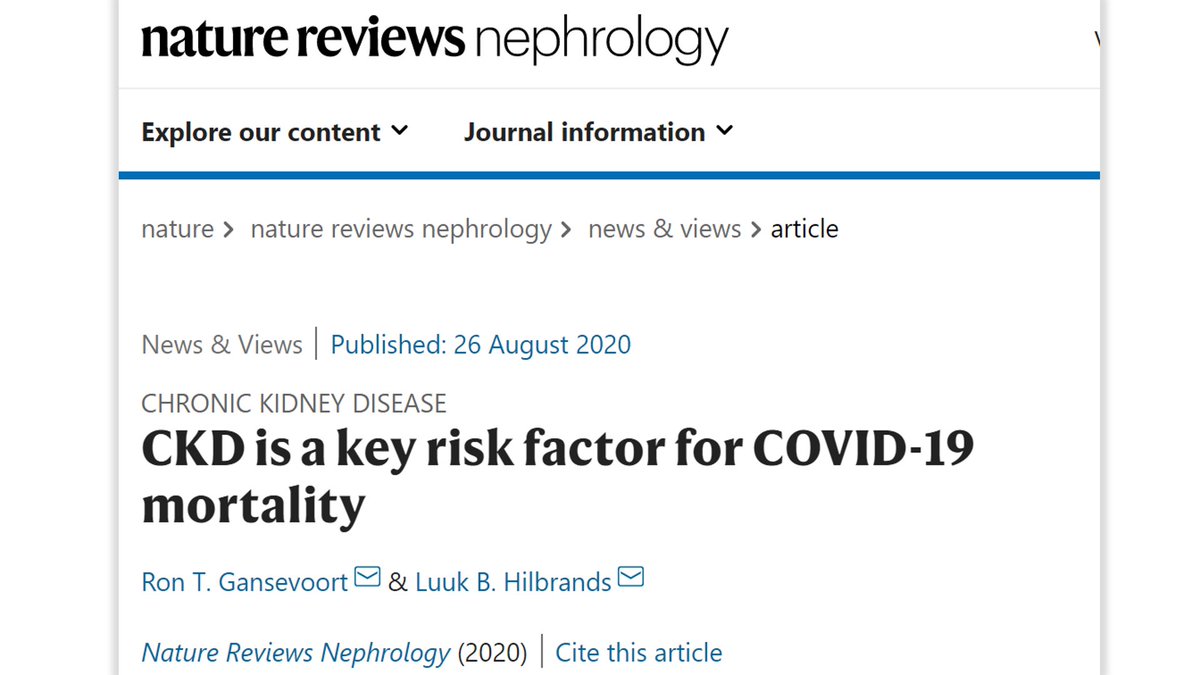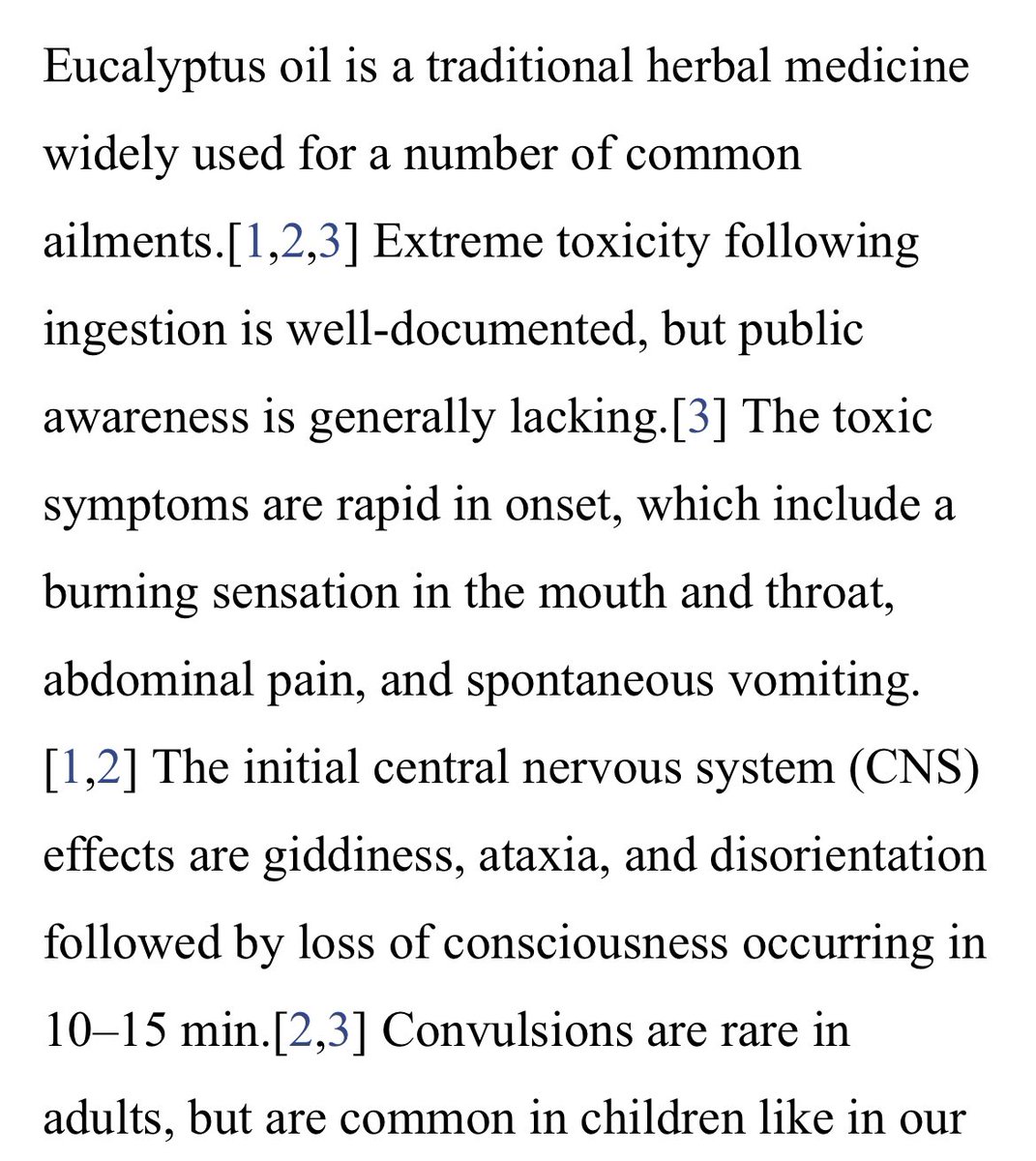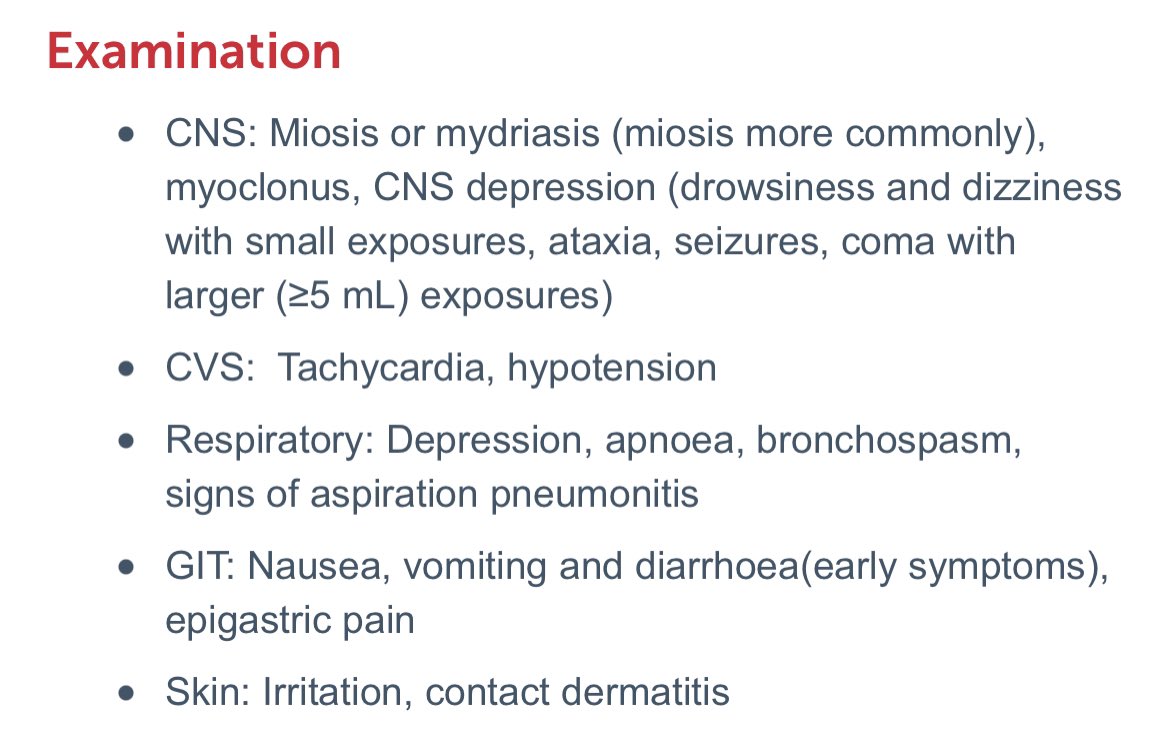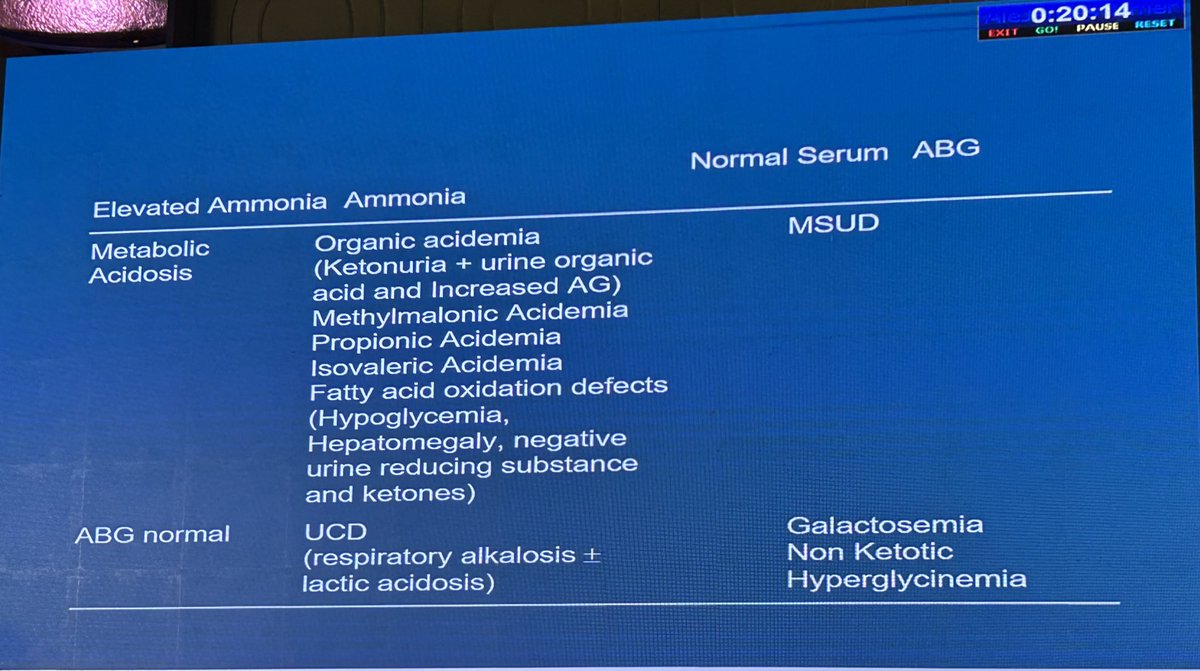A Thread.
The Indian Government has increased the gap btw the two doses of #COVID19 vaccination to 3 to 4 months now, ostensibly to improve protection but actually bcos of vaccine stock deficiency. This should NOT apply to Chronic Kidney Disease pts, #Dialysis & Transplant pts.
The Indian Government has increased the gap btw the two doses of #COVID19 vaccination to 3 to 4 months now, ostensibly to improve protection but actually bcos of vaccine stock deficiency. This should NOT apply to Chronic Kidney Disease pts, #Dialysis & Transplant pts.

CKD pts, #dialysis and Transplant pts run a very high risk of morbidity and mortality (4 fold) with #COVID19 infection, much higher than diabetics and pts with heart disease or asthma (1.2 to 2 fold)
nature.com/articles/s4158…

nature.com/articles/s4158…


Data from India has also shown high mortality (38%) in dialysis pts. Study by @MayuriTrivedi80 et al 

Unfortunately in this very population of #CKD pts, antibody formation after #COVID19 vaccination is low after the first dose (18-41%) BUT, it improves after the second dose (80-96%).
https://twitter.com/hswapnil/status/1384556507589713920
In Transplant pts, the response to first dose of vaccination is even more dismal. At a median of 20 days (IQR, 17-24 days) after the first dose of vaccine, antibody was detectable in 76 of 436 participants (17%; 95% CI, 14%-21%). @Dorry_Segev et al. 



Therefore, ideally we should hasten the delivery of both doses of the #COVID19 vaccine to select populations at high risk such as the #CKD pts, while keeping in mind the optimum gap btw doses to improve vaccine efficacy.
Meanwhile we continue to find knee-jerk responses from govts, that will only increase the exposure of our #CKD pts to #COVID19 infection, without any vaccination. We need to remedy this at the earliest. 

Protecting the most vulnerable of our pts should be topmost in our minds and unfortunately we are not doing that at present. Other countries have planned for this but we haven't.
https://twitter.com/frank_dor/status/1383008148890456068?s=21
https://twitter.com/frank_dor/status/1383008148890456068
I write this thread in anguish as two of my dialysis pts aged 35 and 40 succumbed to #COVID19 pneumonia yesterday. WE MUST VACCINATE ON A WAR FOOTING.
I had written about the travails of the Indian caregiver in a seperate thread. And one such caregiver - the 44yr old husband of a 39 yr old dialysis pt died last week from #COVID19 infection. Timely vaccination could have prevented this tragedy.
https://twitter.com/arvindcanchi/status/1372490366981529606
For some time now, I have been asking all my dialysis patients and their caregivers who accompany them to wear an N95 mask when coming to the hospital. What with the sheer numbers of #COVID19 pts in the hospital, these masks afford better protection against the virus. 

A word of caution: interpretation of vaccine efficacy in #CKD pts is a controversial area. Check out the #nephjc website on #COVID19 vaccines for more info. nephjc.com/news/covid-vac… 

• • •
Missing some Tweet in this thread? You can try to
force a refresh




















